With WhatsApp’s recent changes to its Privacy Policy, more and more users are now opting to switch away from the Facebook-owned messaging platform and looking for alternatives. Among the two widely-used alternatives is Signal, a free-to-use open-source messaging service that offers encrypted sending and receiving of texts, images, audio, and video messages between individuals and groups.
If you’re on the verge of quitting WhatsApp and are looking to move to Signal, you might be wondering if Signal is the right choice for you and one of the primary aspects for this decision-making will definitely be about the origins of the app. That’s why, in this post, we’ll explain to you in brief who owns Signal, what is its origin story and whether you should use it. Let’s get started.
Who Owns Signal?
Signal Messenger or simply Signal is a product of the Signal Foundation which was announced by Moxie Marlinspike and WhatsApp co-founder Brian Acton. The app came into being in 2018, shortly after Acton left WhatsApp’s parent company Facebook in September 2017.
As for its ownership, the Signal Foundation is a nonprofit organization that claims to run solely on donations. When the foundation was started, Acton funded Signal with $50 million along with other donations from the Freedom of the Press Foundation who remained Signal’s fiscal sponsor from the start.
Currently, Brian Acton is the executive chairman of Signal Foundation while Marlinspike remains the CEO of Signal Messenger.

What is Signal’s origin?
Signal Foundation which is the developer of Signal is headquartered in Mountain View, California. This means, contrary to the rumors surrounding it, the service is based in the US. Although officially launched in 2018, the app’s origin goes back to 2010 which is when Whisper Systems (what Signal Foundation was called then) launched the encrypted services – TextSecure and RedPhone.
Whisper Systems was later acquired by Twitter but one of its founders Moxie Marlinspike quit Twitter to form Open Whisper Systems. The formation of this organization meant the creation of the second versions of RedPhone and TextSecure Protocol (which was later renamed to Signal Protocol; also incorporated by WhatsApp) which were later combined to form the Signal in November 2015.
Does Twitter or Jack Dorsey own Signal?
No. Signal is run by the Signal Foundation which is headed by Moxie Marlinspike and Brian Acton. Although Twitter had once acquired Whisper Systems, the startup company that was founded by Marlinspike and Stuart Anderson, it has no alliance of any kind with Signal.
However, it is Signal’s popularity and privacy-centric features which have been the subject of Twitter CEO Jack Dorsey’s recent tweet. Soon after the new revisions to WhatsApp’s Privacy Policy were announced, Dorsey tweeted his support for Signal and highlighting his love for Signal being at the first of Apple App Store’s Top Charts listing.
— jack (@jack) January 10, 2021
And this isn’t the first time Dorsey has publicly supported the messaging service. If you head over to Signal’s official home page, you will be able to see a message in support of the service from the Twitter and Square CEO alongside approval from Edward Snowden, Laura Poitras, and Bruce Schneier.

Does Elon Musk own Signal?
No. Just like Twitter CEO Jack Dorsey, Elon Musk has only endorsed support for Signal but this message of support came at a very crucial time. The Tesla CEO tweeted and asked everyone to use Signal on January 7, the same day WhatsApp pushed its new Privacy Policy.
Use Signal
— Elon Musk (@elonmusk) January 7, 2021
What followed was a surge in the userbase joining Signal and pretty soon, Signal acknowledged that their servers are having a hard time registering new users. This isn’t the first time Musk spoken out for privacy and that too against Facebook. Back in 2018, Musk removed his Facebook page along with the official pages of Tesla and SpaceX from the social media platform over rows of privacy concerns.
Is Signal safe to use?
While WhatsApp is the most popular messaging service with the largest userbase globally, it is Signal’s end-to-end encrypted protocol that the Facebook-owned service uses for its chatting app. The protocol works even for group chats meaning the messages sent within a group are also protected with end-to-end encryption and all the keys involved in communication are stored at the endpoints which are users and not Signal’s servers.
Signal lets you verify that they’re talking to the person they intended to by comparing key fingerprints or scanning QR codes. When the service detects that the correspondent’s key changes, it will notify the sender about the change.
When installing the app on your phone, Signal only requests for your ‘Contact Info’ which is basically your phone number. What this means is that the app doesn’t request any other information from your device, unlike WhatsApp.
One more security feature is disappearing messages that allow users to set a specific timeframe for viewing after which point, they will be automatically deleted from both the sender’s and the receivers’ devices. You can choose any specific time period from 5 seconds all the way up to one week and the timer starts the moment the receiver views the disappearing message. 
Additionally, Signal’s app on iOS and Android comes with an added layer of protection. Users can choose to add their phone’s PIN, password or their device’s Biometric authentication to lock the app and prevent it from getting exploited during the event when their phone is lost or stolen.
Apart from this, the Signal app provides users the ability to blur people’s faces in pictures to protect their identities. 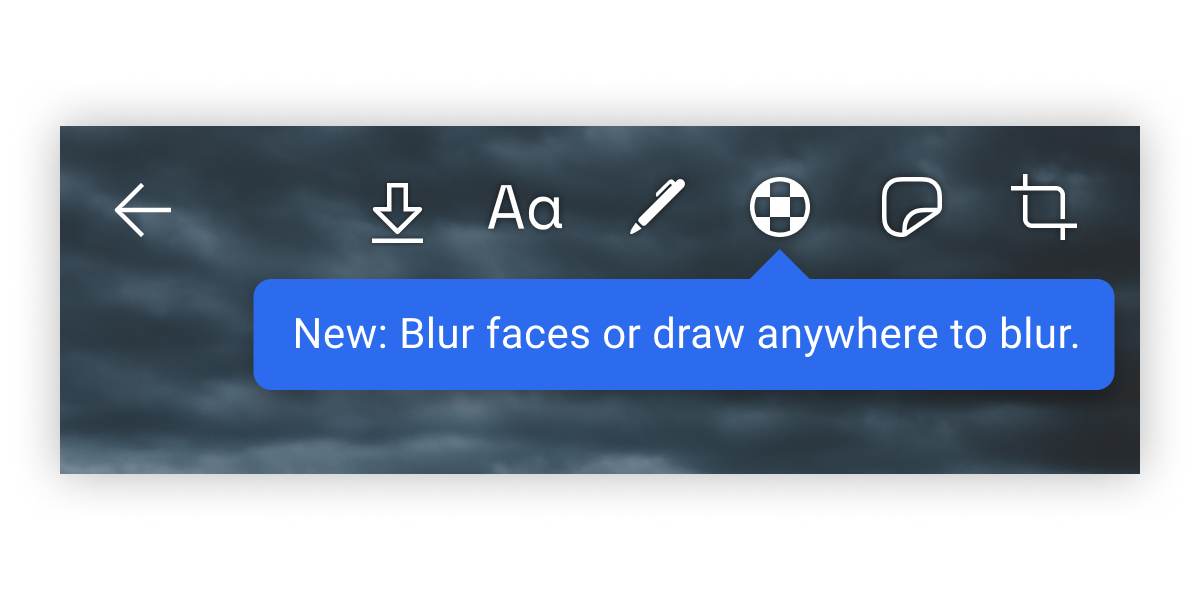
All in all, Signal is a safer alternative to WhatsApp and is pretty safe to use, as long as you know what you’re sharing and whom you’re sharing things with.
Are you interested in knowing more about Signal? Let us know in the comments below.
RELATED


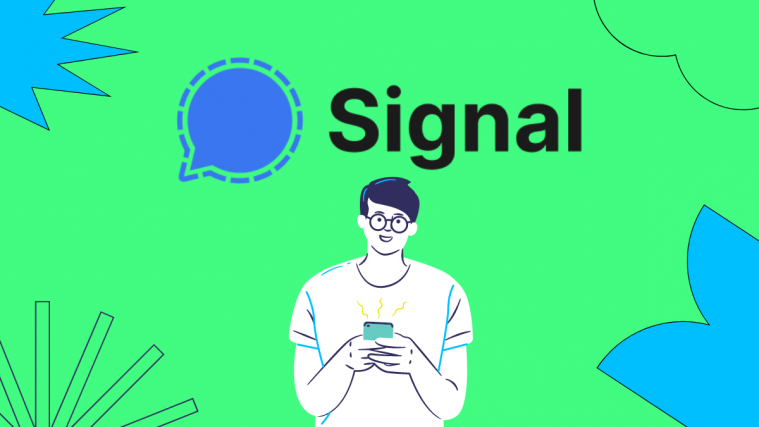
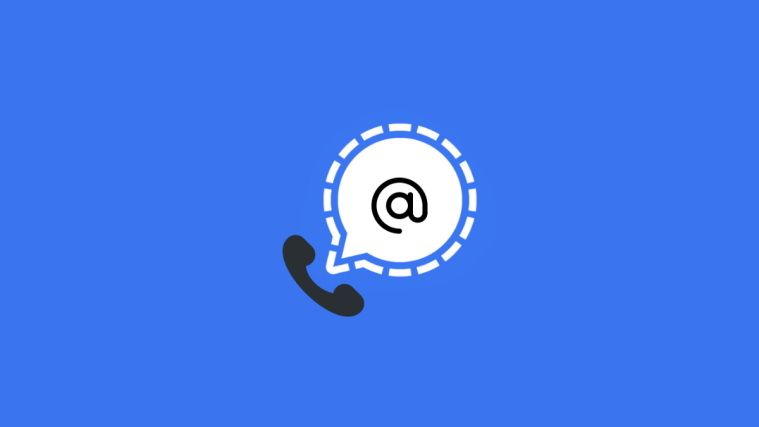

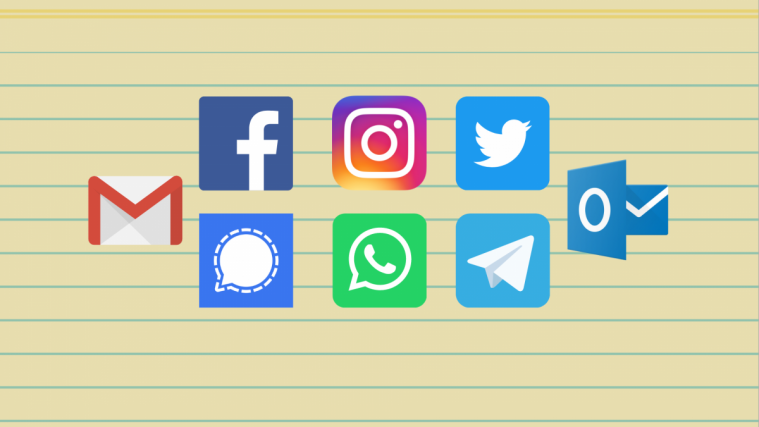
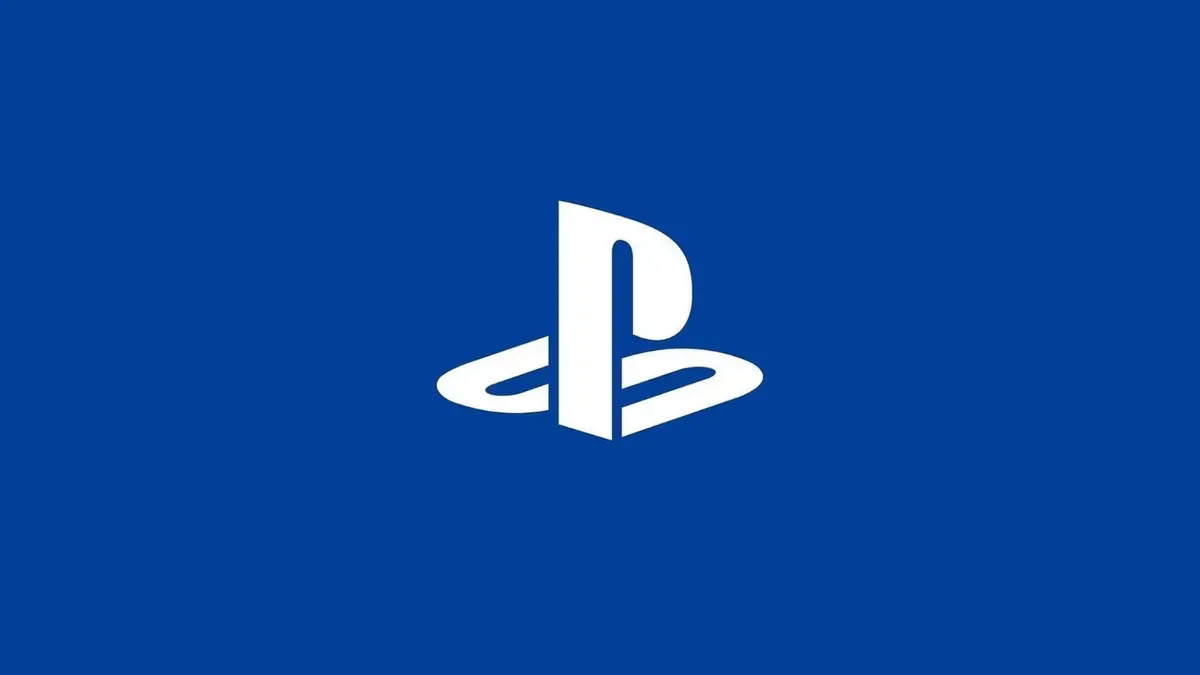
Hey everyone.
You’re really wrong.
The Signal Messenger is unsafe. Signal Is not security.
OMG! What security do you think if, when you creating an account, Signal gets access to all your contacts and iPhone metadata? Not another variant! No protection! Do you know? How can you know where the Signal is using your data?
In addition, some much of information on the network that Signal is a messenger developed by the Russian special services of the FSB. Thus, they get access to the contacts of all iOS and Android. In Russia, the dictatorial power prohibits and blocks many instant messengers and websites. But the Signal is not even mentioned anywhere. And almost all Russian officials use SIGNAL.
Let’s think head.
By the way, Telegram too. Paul Durov is now their man.
How did you check that out and are you still on telegram?
Russia Russia Russia. You have just informed everyone that you are a non English speaking troll and everything you just said was false. You provide no evidence but falsely assume that when you use the words Russia and blatantly lie everyone will believe you every heard of the boy who cried wolf?
So, having trouble deleting a bad guy and now I see that telegram really is not secure because we do give access to all our contacts.
I’m 86 and Al Putnam corrupted all of us in rooms he created. He was given bad information and decided all of us following Michael Penny should be compromised. Now, I can’t get new Signal up and I’ve tried a lot of things.
I finally figured out to block him but still get same on Signal for 88 chat.